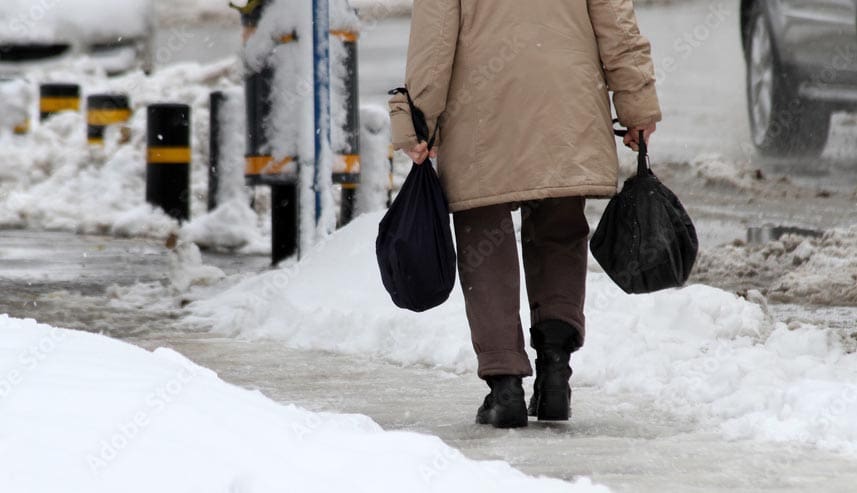How much is a case worth? Like so many answers in law, it depends. Damages, or compensation, can be awarded in a settlement, or ordered by a judge if the case goes to trial. Factors in shaping damages vary from case to case.
In most situations, it is not possible or realistic for a lawyer to give an immediate assessment of how much a case might be worth. Depending on the case, a lawyer may have a general idea, but damages are unique to each case and often involve research and time to see how the case will develop. A true assessment of the value of a claim often happens months, sometimes years, after the incident
Like so many answers in law, it depends. Damages, or compensation, can be awarded in a settlement, or ordered by a judge if the case goes to trial. Factors in shaping damages vary from case to case.
In most situations, it is not possible or realistic for a lawyer to give an immediate assessment of how much a case might be worth. Depending on the case, a lawyer may have a general idea, but damages are unique to each case and often involve research and time to see how the case will develop. A true assessment of the value of a claim often happens months, sometimes years, after the incident.
For example, the general purpose of filing a lawsuit in a personal injury or medical malpractice case is to place that person back in the position he or she would have been in but for the injuries.
The following areas might be considered in valuing a personal injury or medical malpractice claim:
General damages: money awarded for pain and suffering. The range of amounts of money depends on the specific type of injury the person has suffered and is determined by looking at similar cases decided by Canadian courts.
Income loss: if the person is unable to work because of the defendant’s negligence, they may be entitled to claim an income loss. The income loss may be based on past loss, future loss, or both. Depending on the size of the loss, income loss might be determined by an expert who can properly assess additional factors, such as inflation.
Punitive damages: as the name suggests, these damages are designed to punish the defendant. Punitive damages are rarely awarded in Canadian courts, given that the goal of the law is to compensate the plaintiff rather than to punish the wrongdoer. If these damages are sought, they tend to be on the smaller scale.
Special damages: these include items that the plaintiff is required to pay out-of-pocket, such as modifications to the home as a result of the incident, medical treatments such as physiotherapy, and future cost of care.
There are factors that can reduce the amount of money a person might be entitled to. The law expects plaintiffs to do all they can to minimize their losses, such as to take all reasonable steps to return to work or to follow through with medical treatment to avoid making injuries worse. In personal injury cases, lawyers and courts look at whether the injured party has contributed in any way to his or her own loss, also known as contributory negligence. For example, in a slip and fall case, consideration will be given as to the type of footwear the injured party was wearing at the time of the fall. A person wearing slip-on sandals in icy conditions will likely be found to be at least partially responsible for the injuries, which reduces the amount of money payable.
Tags: Personal injury, Winnipeg lawyer



